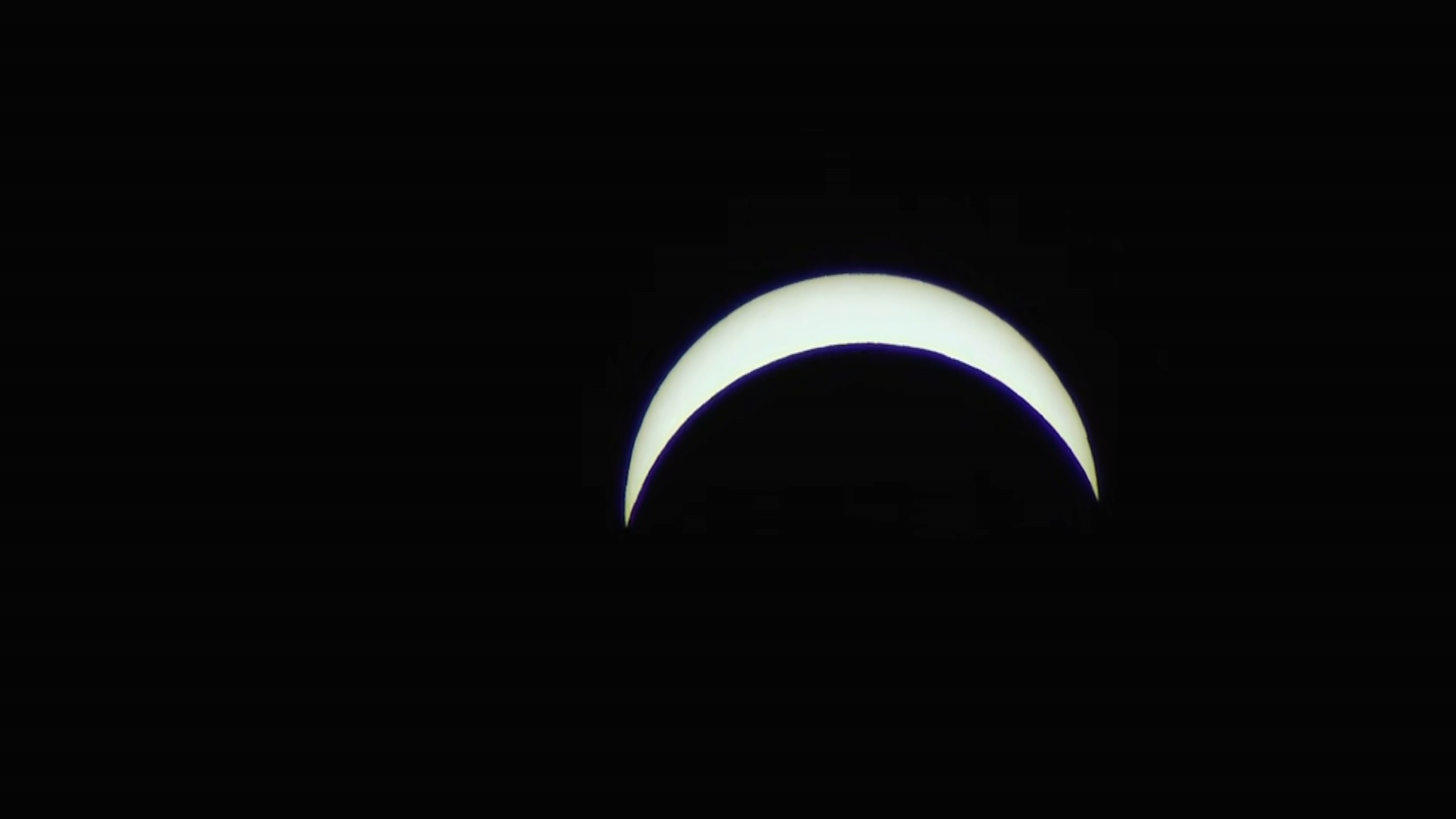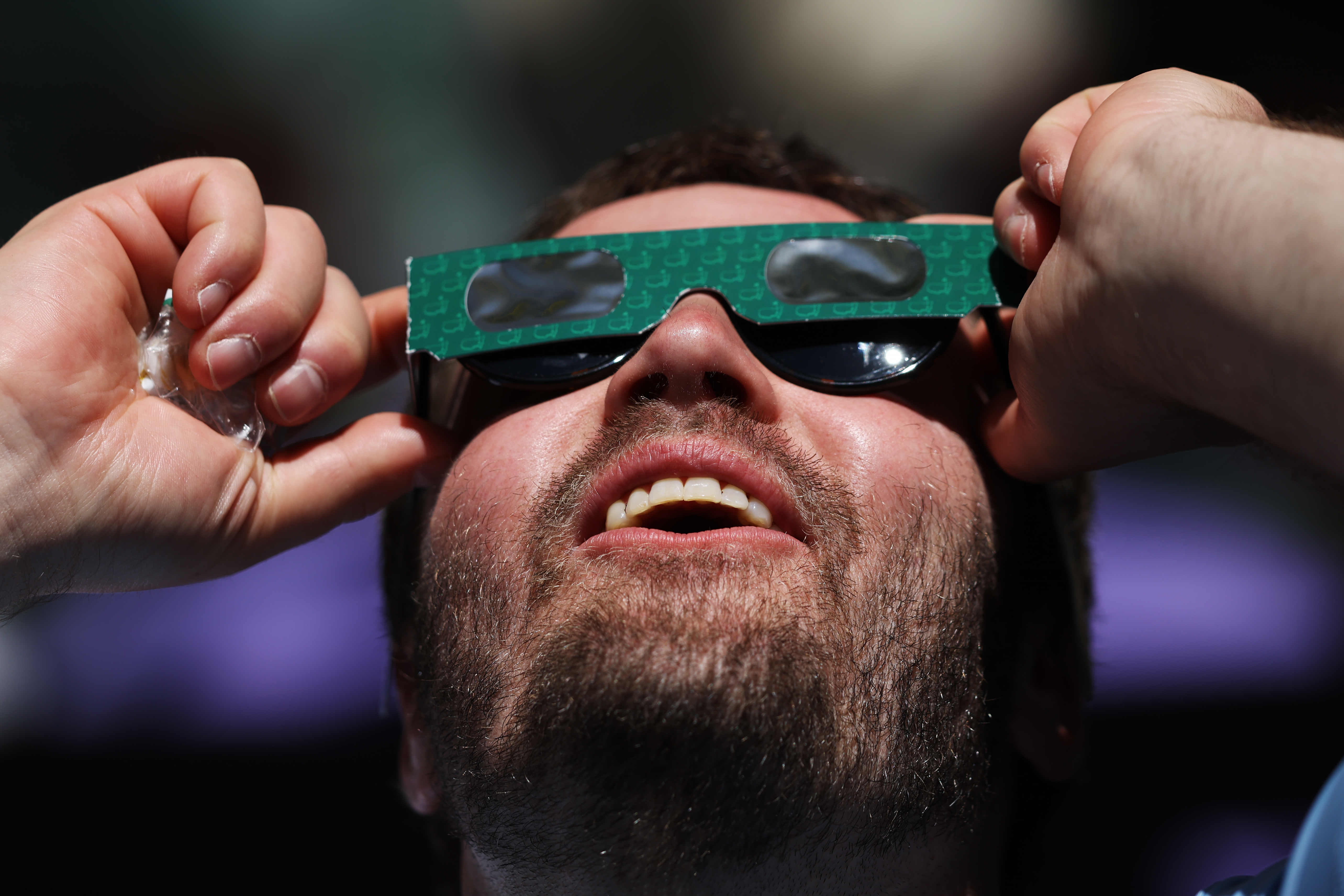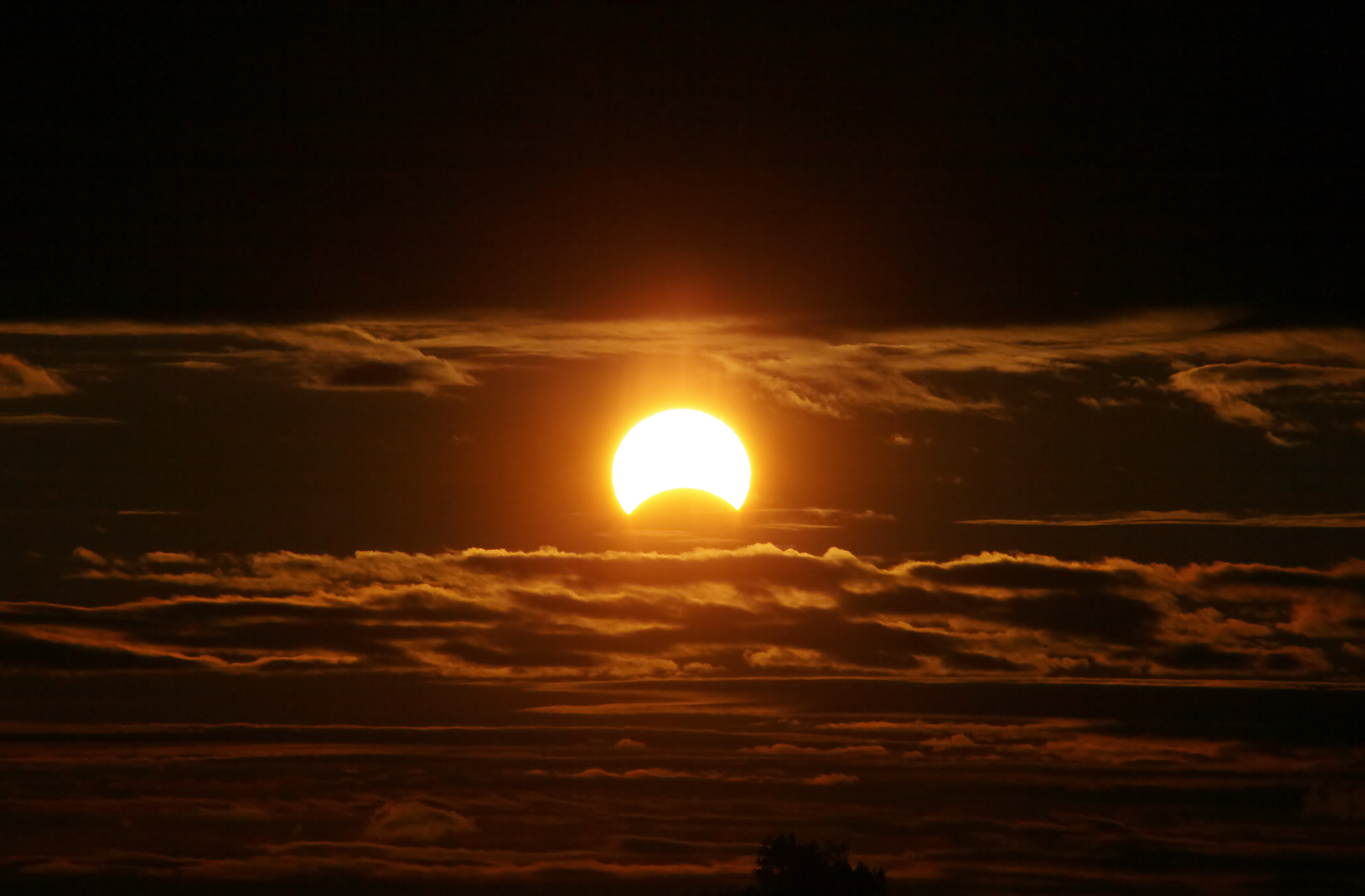Witnessing the 2024 solar eclipse live was a once-in-a-lifetime experience -- and NBC 5 Storm Team Meteorologist Pete Sack didn't waste a moment of it.
Sack, who was reporting live from Indianapolis at the time of totality, became emotional watching the historic moment.
"It's totality. This is just amazing," he said through tears. "I can't believe I'm able to bring this to you."
The moment brought cheers, tears, and awe to many who witnessed the sky turn dark for several minutes in both Indiana and Illinois.
And rightfully so. Experts say another total solar eclipse like this won't be visible for some time.
"The solar eclipses that are going to occur, for the most part, that are going to be visible in our area after this one will not be to the extent that this one is," Michelle Nichols, director of public observing at the Adler Planetarium, told NBC Chicago.
"This might be the most-watched solar eclipse ever," Nichols added.
NBC 5 Storm Team Meteorologist Kevin Jeanes called the event "the greatest solar eclipse across the U.S. in our lifetime."
According to NASA scientists, a total solar eclipse occurs when the new moon intersects the path of the sun in the sky, causing the sun to be partially and then nearly completely blocked from view.
Feeling out of the loop? We'll catch you up on the Chicago news you need to know. Sign up for the weekly Chicago Catch-Up newsletter.
In terms of solar eclipses in the continental U.S., another total eclipse won’t take place for more than 20 years, with a 2044 eclipse occurring in North and South Dakota, among other locations.
According to NASA, the next total solar eclipse that will be visible in Illinois won’t occur until Sept. 14, 2099. That eclipse will be visible in northeastern Illinois, including the city of Chicago, as well as parts of Wisconsin, including Madison, Milwaukee and Kenosha.




